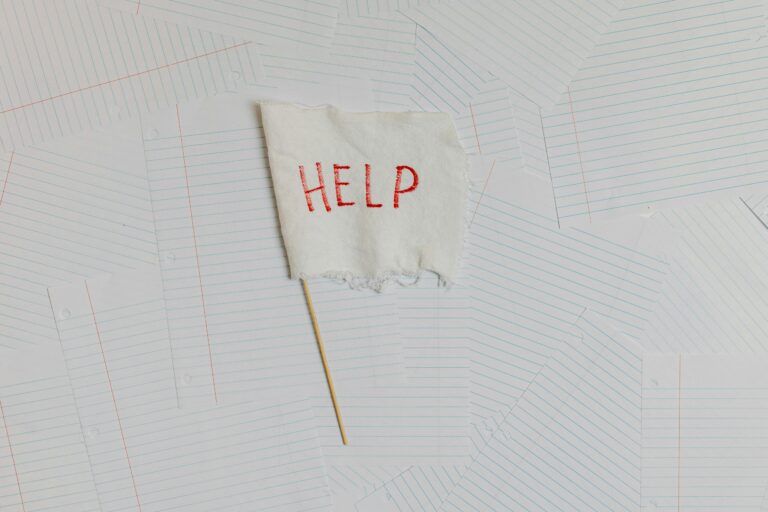Is it Normal to Cry for 4 Hours Straight?
Crying can be as natural as breathing, but when you find yourself sobbing for four hours straight, it raises a few eyebrows—or at least a few questions. Is it normal? Is it a sign of something deeper? Whether you’ve just binged a heart-wrenching movie, experienced a significant life event, or simply needed a good release, let’s dive into the emotional depths of prolonged crying and see what’s really going on.
The Body’s Natural Response
First off, let’s get one thing straight: crying is not just about feeling sad or overwhelmed. It’s a complex emotional response that serves multiple purposes. When you cry, your body releases a cocktail of chemicals, including stress hormones and endorphins. These endorphins can create a sense of relief—think of it as nature’s very own mood stabilizer. So, if you find yourself letting the tears flow for hours, it could simply be your body’s way of hitting the reset button.
What Can Trigger Such Intense Crying?
There are several reasons you might find yourself in a puddle of tears for an extended period. Some common triggers include:
- Emotional Stress: Major life changes like a breakup, job loss, or the death of a loved one can lead to prolonged crying as you process your feelings.
- Overwhelming Joy: Believe it or not, happiness can also unleash the tears! Think of those joyful wedding moments or the birth of a child.
- Frustration and Anger: When you feel trapped in a situation where you can’t express your feelings, tears may flow as a release.
- Physical Pain: Sometimes, emotional pain and physical pain intersect, leading to a crying session that seems to have no end.
The Science Behind Crying
Let’s talk science for a moment. According to research, there are three types of tears: basal, reflex, and emotional. Basal tears keep your eyes moist, reflex tears occur when you chop onions (or face an unexpected sneeze), and emotional tears are what we’re discussing here. These emotional tears contain higher levels of stress hormones and other toxins. So, when you cry it out, you’re not just expressing feelings—you’re also detoxifying your body!
Is It Healthy to Cry for Long Periods?
While a prolonged crying session can feel cathartic, it’s essential to listen to your body and mind. Crying for four hours can be therapeutic in the moment, but if it becomes a frequent occurrence, it might be a sign of deeper emotional turmoil or mental health issues such as depression or anxiety. Just like a wild rollercoaster ride, it can be exhilarating but also exhausting!
When Should You Seek Help?
If you find that long crying spells are becoming a regular part of your life, it might be time to consider talking to a professional. Here are some signs that it’s beneficial to reach out:
- You feel overwhelmed by sadness or hopelessness.
- You have trouble functioning in daily life—work, relationships, or self-care.
- You experience persistent feelings of anxiety or fear.
- You’re crying without any apparent trigger.
Remember, seeking help is a sign of strength, not weakness. Therapists can provide you with tools and techniques to help manage your emotions more effectively. Plus, they might even appreciate your willingness to share those four-hour sob stories!
Tips for When You Feel Overwhelmed
When the tears start flowing and you feel like you might enter a crying marathon, here are some handy tips to help you manage those emotions:
- Breathe Deeply: Focus on your breath. Inhale slowly through your nose, hold for a moment, and exhale through your mouth. It can help calm your nervous system.
- Talk it Out: Sometimes, just sharing what you’re feeling with a friend or loved one can lighten the emotional load.
- Write it Down: Journaling can be an excellent outlet for your feelings. Write down what you’re experiencing; it can help you gain clarity.
- Engage in a Hobby: Distract yourself with something you love, whether it’s painting, gardening, or even binge-watching your favorite show—hey, no judgment here!
Crying for four hours straight may seem unusual to some, but remember, it’s a part of being human. Embrace it, process it, and if necessary, seek help. After all, every tear shed could be a step toward healing, and who knows? You might even find a little humor in the situation someday—a story to tell at parties, perhaps!


